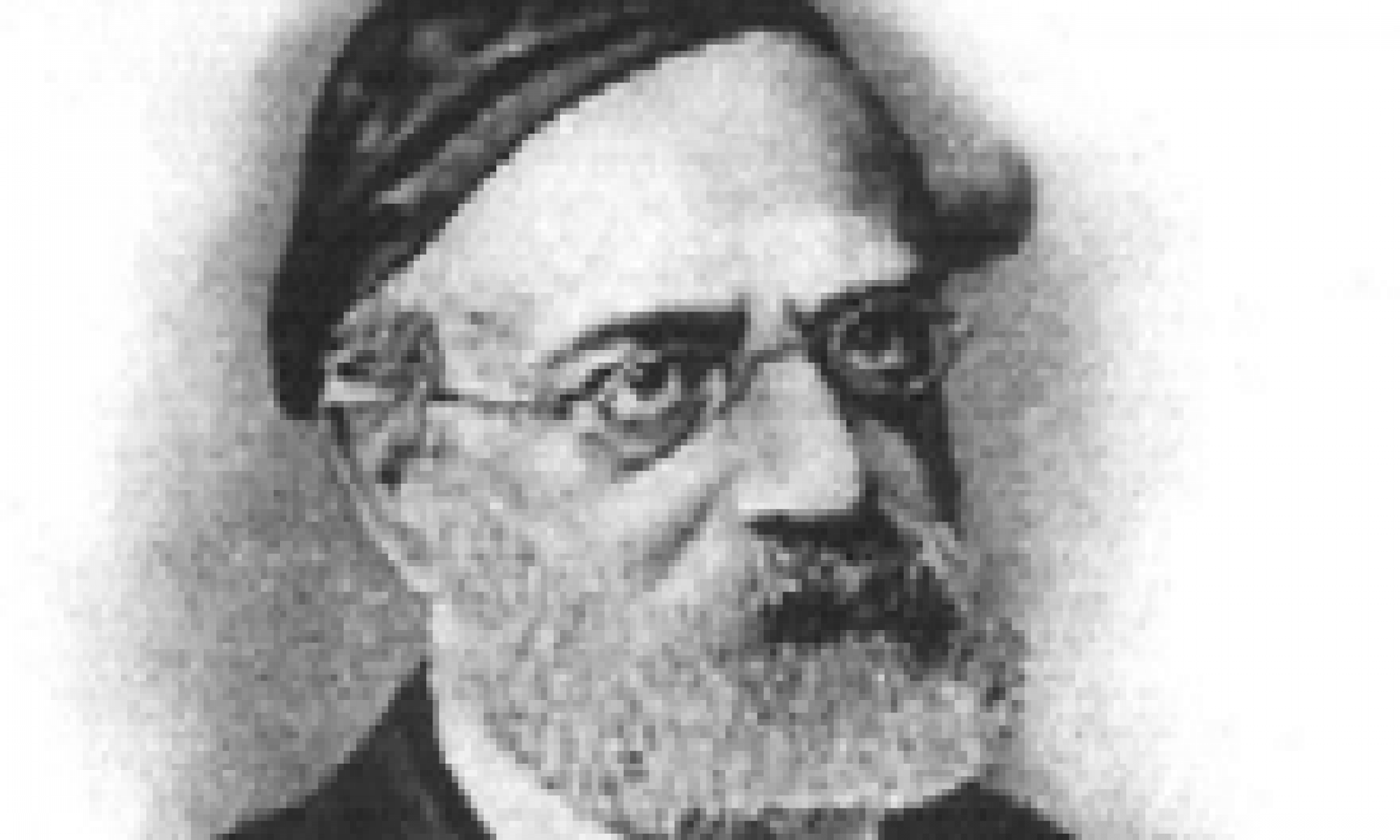In chapter 14 we have the Torah’s first historical account of kings and their wars.
See above (chapter 10) where the Torah talks of Nimrod’s kingship. Nimrod exploited the collective energies of his nation for his own selfish needs. The individuals were prepared to sacrifice their personal happiness on the altar of national honor.
This concept has taken root and now we find 5 kings in a small area. Later in history, at the time of the conquest of the Land of Canaan, we find a concentration of 31 kings!
How did this ideas spread? Why would people give up their individuality?
RSRH posits that there are nations that avoid thinking for themselves and unload their concerns onto the head of the king. This occurs particularly in nations where the citizens are busily preoccupied with themselves. People who pursue comfort and wealth and ignore the idealistic interests of their community are ready to sacrifice rights and assets – so long as they are “excused from thinking.”
The kings we learn about in this chapter were in the lush and wealthy area of the Jordan Valley. The people were concerned with their personal pleasure and were prepared to give up their autonomy for the sake of their pleasure.
We also learn about 4 other kings who were ruled over large regions. For a period of time, the kings of the Jordan Valley were vassals of the powerful rulers of another land. These local kings were themselves servants. The people were all servants of servants. Just as Noach prophecy told, the descendants of Cham would be just that, עבדי עבדים!
In observing this, a universal truth was revealed to Avraham. Affluence enslaves nations, from within and from without.
Man can be truly free, inwardly and outwardly, only if he submits to the rule of the moral law. (Hirsch cites Eruvin 54a here and above [9:27] that derives this message from the word חרות על הלוחות which can be read to mean “the words of God’s law frees a person.”)
(GS- RSRH discusses this again regarding the Egyptians, also descendants of Cham, who had slaves enslaving slaves.)
Beraishis 14:1-4
pages 323-325

